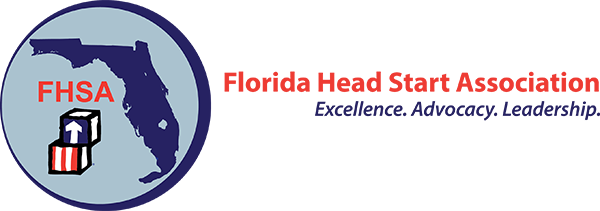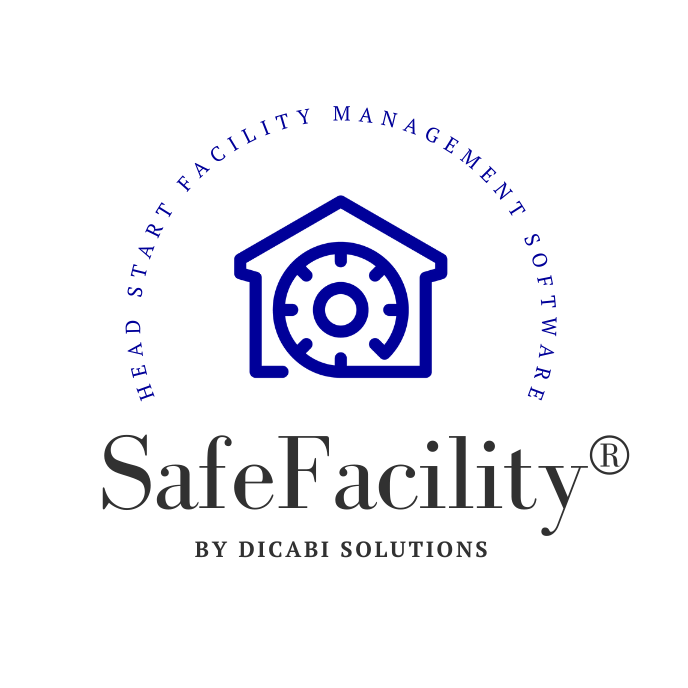- Home
- About Us
- Education & Events
- Membership
- Resources
- News
- FLHSCO
- Head Start Information
Cultural DiversityCultural Responsiveness in the Early Education ClassroomTarget Audience: Directors, Family Support, Teachers: New, Teachers: ExperiencedAna L. Gonzalez, SE School Readiness Regional Facilitator, DOE- Florida Office of Early Learning Demographic characteristics of young children have become more diverse. This demands an honoring of children and families culture. Best practices help establish environments that address cultural, ethnic, social, emotional and cognitive needs. This workshop examines the concept of culturally responsive instruction and considers guiding principles in supporting a culturally responsive classroom environment. Strategies that Promote Language and Literacy Development in Dual Language LearnersTarget Audience: Family Support, Teachers: New, Training & Technical StaffVera Myerholtz, Instructional Designer, Nemours Reading BrightStart! Research has shown that overall academic success is dependent on early literacy and language abilities. Since dual language learners represent one of the fastest growing populations in the U.S., in this session we will explore the impact of shared book experiences on the language acquisition of young children learning to speak English as well as their home language. Discover how you can engage and motivate DLLs with intentional instruction before, during and after a shared book experience. Strategies to Involve Dual Language Families into our CentersTarget Audience: Directors, Family Support, Teachers: ExperiencedIsabel Dopson, Family Services Manager, Children's Home Society This presentation will promote the involvement of the families in centers and in home-based programs. Supporting ideas for culturally and linguistically challenge parents and children. Using parents and family members in the classrooms to provide high language environment with dual language parents. Equity and Diversity in Early Childhood SettingTarget Audience: Director Service Providers, Directors, Family Support, Teachers: New, Teachers: ExperiencedRamona T. Codling, Consultant, Codling Consultant All children have the right to equitable learning opportunities that help them achieve their full potential as engaged learners and valued members of society. Early childhood educators have a professional and moral obligation to advance equity and diversity. Creating equitable learning opportunities for all children is challenging, given the unresolved structural and institutional inequities in society. This workshop seeks to promote broader understandings of the structural inequities in our society and their negative impacts on children's development and learning in the early childhood setting. |

